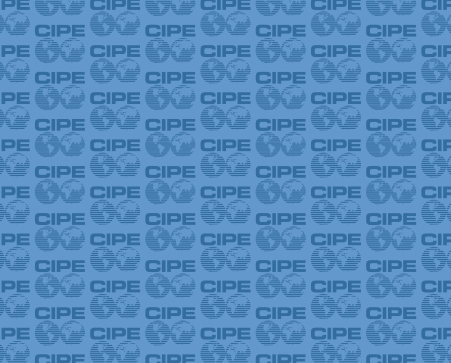
Algerian President Abdelaziz Bouteflika’s “war” against corruption has recently reached the republic’s largest oil company. Sonatrach is a national oil corporation that employs 125,000 people and accounts for 98 per cent of Algeria’s foreign currency receipts in a country where gas exports make up 30% of the GDP. Sonatrach’s CEO and top management team have reportedly been suspended and placed under investigation for claims concerning company tenders for consultancy and security contracts.
The Sonatrach crackdown, or the January 13th earthquake as the Algerian media refer to it, is by far the largest of President Bouteflika’s corruption probes. While the company’s acting CEO states that the investigation will not affect the company’s operations, it is safe to say that this latest corruption probe will have far reaching ramifications on the economic climate of the country.
President Bouteflika has been very vocal about fighting corruption in his country for years. In early summer of 2008, he stated in a speech delivered before the ministers’ council that [he] will not be lenient with those who play with the money of the state and public funds. Upon his re-election in April 2009, he declared that the focus of this new term will be combating corruption. But there’s a problem with the president throwing such rhetorical stones, even if backed up by one high profile crackdown: he still lives in a glass house.
Bouteflika’s administration is well known for mismanaging public funds and running a government that has institutionalized corruption, bribes and nepotism. He allegedly used government money to fund his latest election campaign, during which he amended the Algerian constitution to allow himself to run for a third term and to expand the powers of the president and prime minister.
Whether President Bouteflika rigged the April 2009 elections or not, he is still criticized by Algerians for targeting opposition and protecting those who are close to him. In 2008, he reportedly granted immunity to an Algerian official who was under investigation for 5 years for charges of corruption and misappropriation of public funds. The official was never tried and has reportedly moved to Spain taking with him all the money he was accused of embezzling.
There have been numerous similar cases in Algeria reported by the local media or international NGOs, such as Transparency International (TI), whose corruption Index showed in December 2009 that corruption in Algeria is constantly on the rise.
Over the last 10 years, Algeria has been witnessing one financial scandal after another (Khalifa Bank, Banque Commerciale et Industrielle d’Algerie, Banque Nationale d’Algerie, etc) and anyone familiar with the country knows the negative effect corruption has had on all spheres of economic and social life.
It is not surprising then, that many Algerians have lost trust in their government and doubt its its willingness to implement reforms. What is surprising is while browsing through the Algerian newspaper websites and reading the different blogs and comments, most people see that the only way out of the corruption spiral is a total overthrow of the government and those who run it. Many criticize the president for providing immunity and protection to his close allies and say that no matter how strong the January 13th earthquake was, it is very unlikely that its aftershocks will reach the “corrupt kings.”
Combating corruption is about putting structures and mechanisms in place that deter corruption in addition to penalizing those who engage in corrupt activities. A foundation of democratic governance that promotes transparency, disclosure, separation of powers and freedom of expression, can serve as a viable infrastructure to support any company, economy or government.
What Algeria is doing right now is putting out fires that resulted from the absence of such an infrastructure. In order to seriously tackle its corruption epidemic, it needs to establish anti-corruption structures, mechanisms and institutions. Only such an infrastructure will allow the implementation of practices and codes of conduct that combat corruption and its kings.
Published Date: February 18, 2010